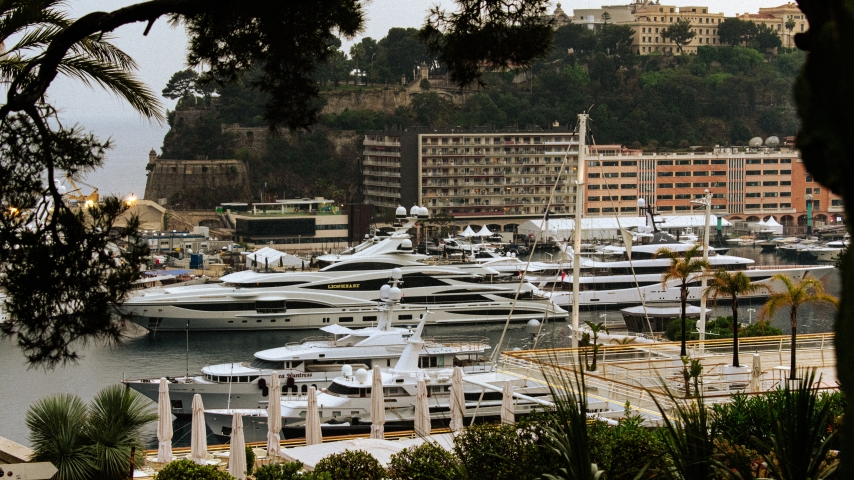
The Alpes-Maritimes department has joined 27 other French regions in being placed under a yellow alert for high temperatures, warning residents and tourists alike to prepare for a hot spell. The alert comes as coastal areas, including Monaco, also anticipate sweltering heat that gives little respite even during nighttime.
According to Chaîne Météo, the worst of the heatwave will focus inland, but coastal communities are not being spared. Daytime high temperatures along the coast are expected to exceed 30 degrees Celsius consistently until next Thursday, August 24. This is causing concern for vulnerable populations and urging local authorities to take preventive measures.
In Monaco, known for its glitzy casinos and stunning sea views, the nights will be almost as hot as the days. Temperatures are expected to dip only to 26 or 27 degrees Celsius during nighttime, providing little relief from the sweltering daytime heat. This has prompted calls for residents to stay hydrated and avoid strenuous activities during peak heat hours.
However, there's a glimmer of hope for those eagerly waiting for some cool relief. Starting from Friday, August 25, temperatures are expected to fall slightly. Nighttime temperatures in particular will become more tolerable, subsiding to a more comfortable 23 or 24 degrees.
This impending heatwave serves as another reminder of the increasingly unpredictable weather patterns that regions are experiencing. While many might welcome the opportunity for sun-soaked outdoor activities, the high temperatures also pose significant health risks, particularly to the elderly and those with preexisting health conditions.
As the Alpes-Maritimes joins a growing list of French departments under heat alerts, the situation calls for cautious enjoyment of the summertime weather. Both residents and visitors are advised to take the necessary precautions—staying hydrated, wearing sunscreen, and avoiding extended exposure to the sun during the heatwave.
It remains to be seen how these unusually high temperatures will impact daily life and tourism in one of the most visited regions in France. One thing is for sure: for the next week, air conditioners will be working overtime, and local pools and beaches will be more crowded than ever.
